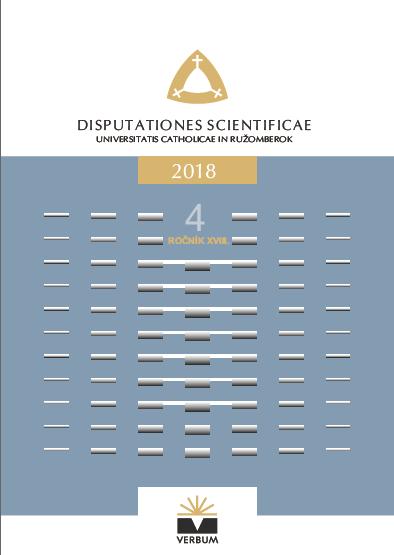Podstata využitia terapií pri práci s mentálne postihnutými klientmi
The Principle of the Use of Therapies in Working with Mental Present Clients
Author(s): Lucia Ludvigh Cintulová, Pavol Tománek, Daniela Baková, Katarína BundzelováSubject(s): Social Sciences, Psychology, Clinical psychology
Published by: VERBUM - vydavateľstvo Katolíckej univerzity v Ružomberku
Keywords: Social Services; Therapies; People with learning disabilities; Self-development;
Summary/Abstract: Aims. The research aims were focused on getting known what kind of therapies are provided in social services for people with mental disorders, how they can influence their personal development and how it is possible to increase the quality of life via different therapies. The research has had impact on the quality of provided therapies for people with disabilities. Methods. We did qualitative research and we used method of interviews to collect data being aware of limits of people with mental disorders. The research was held in Social care Centre Maňa including 10 clients with learning disabilities fully integrated in the system of sheltered accommodation. We identified set positive aspects linked to therapies in social services divided into categories focusing on self--development and well-being. Results. The interviews of respondents have shown set of positive impacts that benefits self-development and the life of people with learning disabilities divided into categories such as personal growth, positive self-image, development of life skills, independence, mental and physical health, well-being and work integration. The negative aspects of therapies were identified via variables such as: financial costs, lack of professionalism, inadequate or absence of management and planning of activities, upset and passivity by clients and management of the facility, perception of clients as passive users of social services, lack of measurable impacts and benefits of therapies in a practice work with people with learning disabilities involved in various therapies. Discussion. Various types of therapies influence positively the personality development of people with intellectual disabilities only if they are provided on a regular basis, systematically with a clearly defined individual development plan, with specific objectives including tools to achieve goals and real expectations. These therapies help to make clients more activate, to increase their internal motivation, promote independence and integration; on the other hand lack of professionalism and supervision in social services, missing the therapy plan and good management skills cause interruption of therapies´ continuity and lack of achievements of goals and positive impacts on the quality of life of people with intellectual disabilities. Conclusion. The constant need to improve the quality of life and improve the conditions for the implementation of therapies provided as part of social services are key to the successful integration of people with learning or intellectual disabilities.
Journal: Disputationes Scientificae Universitatis Catholicae in Ružomberok
- Issue Year: XVIII/2018
- Issue No: 4
- Page Range: 40-47
- Page Count: 8
- Language: Slovak

